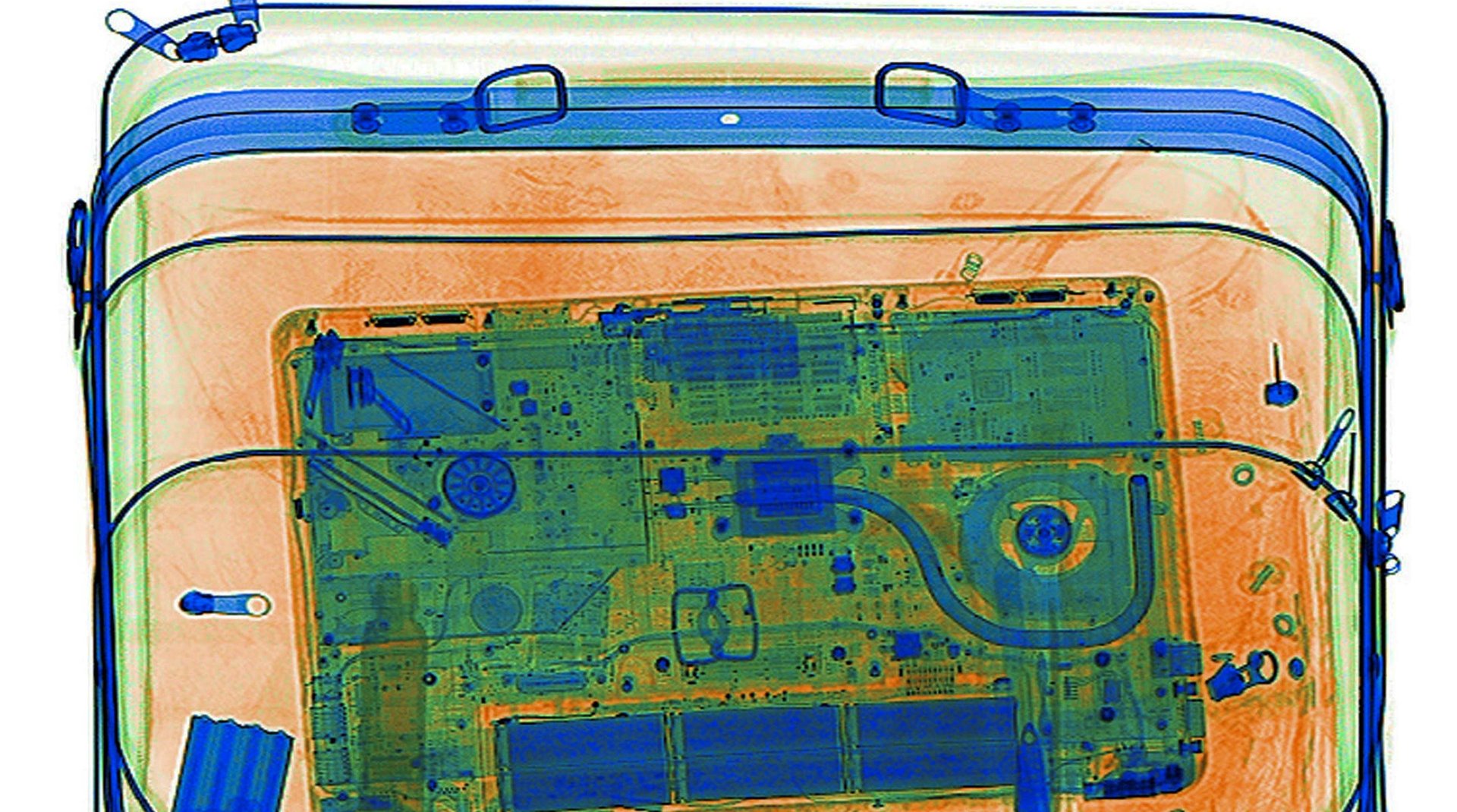The US will ban laptops on 180 international airlines unless they meet mysterious new security rules
The US announced today (June 28) it’s rolling out a set of new, largely undisclosed security measures targeting some 2,000 international flights arriving at American airports every day.


The US announced today (June 28) it’s rolling out a set of new, largely undisclosed security measures targeting some 2,000 international flights arriving at American airports every day.
The new rules will apply to 180 airlines flying out of 280 airports in 105 countries, according to senior officials at the Department of Homeland Security.
“We are not standing on the sidelines while fanatics hatch new plots,” said secretary John Kelly, adding that terrorists see aviation as their “crown-jewel target.”
The new measures could potentially be good news for travelers who feared the laptop ban the US imposed on 10 airports in the Middle East and Africa in March would be extended to the other parts of the world. (The new policy also applies to those 10 airports, where airlines could start admitting laptops as soon as they comply with it.)
But it could also mean bad news: If the airlines fail to enforce the new standards, the US could bar all large personal electronic devices from their planes, even the cargo hold. “If they are screened they can fly, if they are not screened they can’t fly,” said one of the officials during a media briefing ahead of the rollout. Non-compliant airlines could be barred altogether from landing in the US.
Still, the homeland security officials on the call also tried to downplay that possibility, telling reporters that many airlines already carry out safety procedures that are very close to meeting the new rules. They expect only a sliver of them—1%—to be unable to do so.
It’s hard to judge that assessment, given that the department is not providing any significant details about what the extra measures will entail. The officials said that travelers can expect intensified screening at airports, in the form of sniffing dogs, or more screening equipment. They didn’t give any hints about the “unseen” measures that are also part of the new procedures.
Travelers were also left wondering about when the new confidential rules will be put in place. Sometime in the short and medium term, US officials said, depending on factors that also remained mystery.
Kelly said the new rules are the first step in a broad effort to increase aviation security, which could eventually include expanding the number of foreign airports where travelers can go through US customs and border security before boarding their flight.
“We cannot play international whack-a-mole with each new threat,” he added.